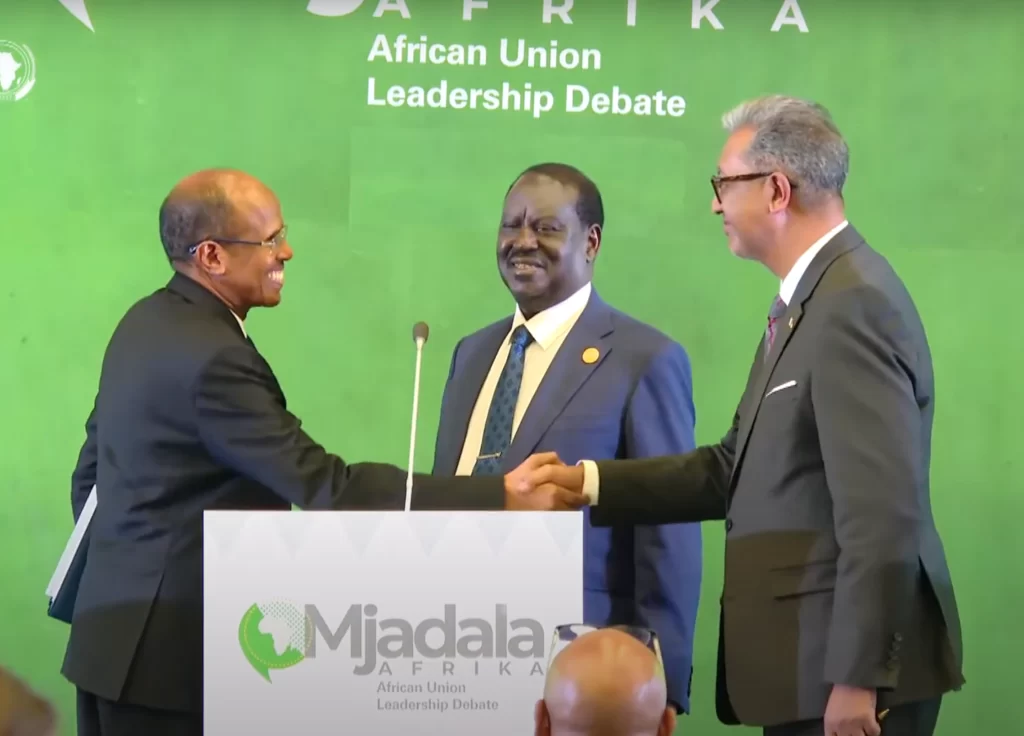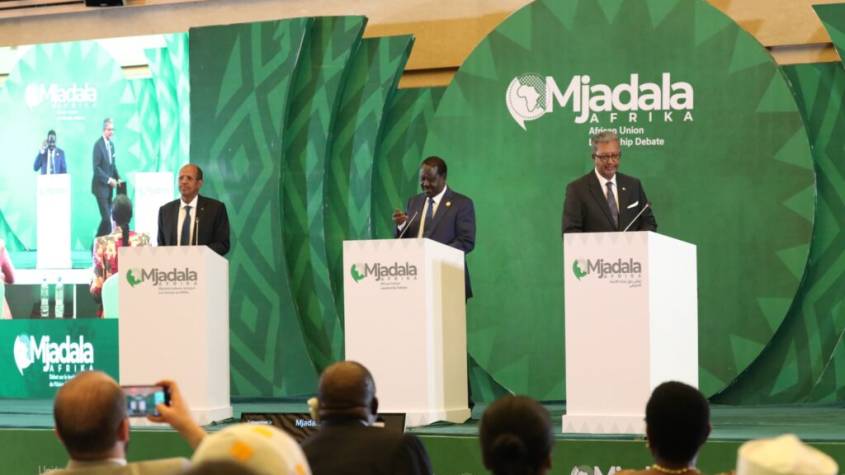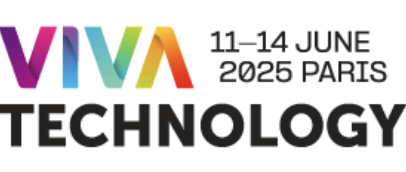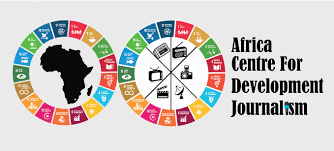As African Union Heads to the Polls
The African Union is set for a landmark event — the election of the 5th substantive Chairperson of its Commission and Commissioners — taking place during the 38th Ordinary Session of the AU Assembly of Heads of State and Government, from February 12 to 16, in Addis Ababa, Ethiopia.

More than a routine transition of power, these elections mark a watershed moment for the AU and will shape the strategic course of the continental body for years to come. The elections serve as both a leadership reset and a critical test of the AU’s capacity to confront Africa’s most pressing challenges, including economic inequality, regional security, and governance reforms.
The emergence of decisive and visionary leadership could accelerate the current snail’s pace of implementation of the African Continental Free Trade Area (AfCFTA), strengthen AU institutions to address Africa’s governance and security challenges and enhance the continent’s influence in multilateral forums. The stakes are high — not only for African nations but also for international stakeholders, who recognize Africa’s growing influence in global affairs.
As Africa increasingly becomes a key player in global trade, climate negotiations, and security cooperation, the impact of the choices made in Addis Ababa this week will have far-reaching effects on the continent’s future. These elections represent more than changing the guard at the foremost pan-Africanist institution.
Three Candidates, One Continent’s Future
All is set for the high-stakes contest for the AUC Chairperson, the Deputy Chairperson, and commissioners to oversee six portfolios from Political Affairs, Peace and Security to Economic Development, Trade, and Tourism. In the next four years, the new leadership will steer the implementation of Agenda 2063 including the African Union 2025 Theme of the Year i.e. “Justice for Africans and People of African Descent Through Reparations”
Yet, attention seems to be tilted more toward the race for the AUC Chairperson with three candidates vying for the position, each offering a distinct approach to addressing Africa’s challenges. Raila Odinga, Kenya’s former Prime Minister, built his campaign around governance reform, economic transformation, and greater African unity. A champion of strong democratic institutions, Odinga also seeks to strengthen Africa’s influence in global affairs.
Djibouti’s Minister of Foreign Affairs and International Cooperation, Mahamoud Ali Youssouf, presents a diplomacy-driven vision, emphasizing regional integration and a more cohesive AU that can negotiate with greater collective power on the world stage. Richard Randriamandrato, Madagascar’s former foreign minister, who seems to be the underdog in this contest, prioritizes sustainable economic development, institutional reforms, and intra-African trade.
Thomas Tieku, a professor of international relations at the University of Western Ontario’s King’s University College, underscores the fundamental role of belief in Pan-Africanism in determining the next Chairperson. “If you want to lead the AU and don’t believe in African unity, solidarity, or self-determination, you’ll fail. Pan-Africanism is about teamwork—if you don’t believe in Team Africa, you can’t succeed as chairperson,” he told African Newspage.
AU Elections Campaign Dynamics
As the contest for the AUC Chairperson intensifies, regional alliances, political realignments, and strategic maneuvering will shape the race’s outcome. Arguably, Odinga has emerged as the frontrunner backed by strong support from the Eastern Bloc and a reputation as a veteran opposition politician with vast continental networks. He is a favorite of those seeking dynamic leadership and the AU reforms.
Djibouti’s Youssouf presents a formidable competition. He has been described as the “most well-rounded candidate” and shows “intimate knowledge of AU frameworks and policies.” He boasts vast diplomatic experience. His candidacy resonates with nations prioritizing diplomatic acumen and geopolitical stability, positioning him as a strong challenger to Odinga.
Randriamandrato champions the interests of smaller African states, advocating for an AU leadership that amplifies their voices. While his comparatively low profile presents unignorable challenges against the two leading candidates, his candidature could attract support from nations seeking greater representation for less dominant economies within the Union.
Despite these dynamics, the race is still too close to call. Shifting alliances, strategic endorsements, and regional realignments, among other dynamics, will determine the election outcome. Last-minute political deals could also prove decisive.
Who is the Ideal AU Commission Chair?
Tieku offers crucial perspectives on the ideal personality of an AU Chairperson. For him, being a Pan-Africanist remains as relevant as ever, emphasizing that the right chairperson must believe in African unity, solidarity, and self-determination. “If you want to travel far, you must go together as Africans,” Tieku remarked, underscoring the necessity of teamwork among African countries.
The professor of international relations also outlined the essential qualities for success as chairperson: strong absorption capacity to manage the AU’s complex information flow, high energy levels to endure demanding schedules, quick thinking to navigate high-stakes negotiations, and principled leadership to resist pressures from Member States and external forces.
“Don’t micromanage the Commission, which is the responsibility of the Deputy Chairperson. You must spend more time in member states, engaging not just leaders (presidents) but also mobilizing the domestic constituency of civil society, trade unions, student groups, and parliaments on the AU and how important its policies and protocols are to them. They will then be the ones to champion those policies,” Tieku urged the incoming AUC chief.
“The ideal chairperson must have the ability to absorb long briefings, energy for long meetings and travel, quick thinking, and have strong principles,” Tieku explains. Based on the responses to questions at the Mjadala Afrika debates, he believes Youssouf is the most prepared candidate for the position.
Next AUC Chairperson’s Critical Challenges
According to the AU Statute, the chairperson of the AU Commission is the AU’s Chief Executive Officer, its legal representative, and its accounting officer. Experts believe the incoming AUC chief will inherit a range of challenges requiring decisive action. From renewing Member States’ commitment to the AU’s shared values to increasing the number of Common African Positions on key global challenges and implementation of Agenda 2063.
Insecurity and the rising spate of Unconstitutional Changes of Government will remain critical challenges. The AU’s flagship peace initiative, Silencing the Guns, aims to end conflicts, yet instability continues to grip regions such as the Sahel and Central Africa. Addressing these crises will require stronger conflict-resolution mechanisms, enhanced regional cooperation, and a renewed commitment to peace-building efforts.
Meanwhile, Africa’s growing influence in global affairs presents both opportunities and challenges. Under current AU leadership, the continent secured a permanent seat in the G20, a key diplomatic milestone. However, strengthening Africa’s voice in other global institutions will require more sustained efforts. The task before the next Chairperson is to consolidate Africa’s position in international governance.
Tieku believes the AUC Chairperson has a central role in making Africa a force to reckon within the international arena. “Think about our success in elections into international organizations such as the World Trade Organization and World Health Organization where Africans are leading. These successes are because we have the AUC chair and others mobilizing the continent to support a Common African Position.”
The Journey Ahead
As global dynamics shift, Africa’s strategic importance continues to rise. Against this backdrop, one of the key challenges before the next AU leadership is navigating complex international relations, carefully balancing partnerships with global powers — such as China, the European Union, and the United States in the second coming of Donald Trump — while ensuring Africa’s interests are not compromised.
As competition among global powers intensifies, Africa finds itself in a stronger negotiating position—but only if it unites behind leaders who are able to effectively leverage these relationships for its own benefit. The next AU leaders must focus on fostering equitable partnerships, securing investment in critical sectors, and ensuring that Africa is not merely a recipient of foreign initiatives but an active participant in shaping global affairs.
From trade agreements to climate diplomacy and digital transformation, Africa’s voice must be influential in the evolving multipolar world order. With the right leadership, the African Union is well-positioned to accelerate continental integration, foster sustainable development, and ensure a unified Africa on the international stage. The next chapter of Africa’s trajectory will be written by those chosen to lead the AU this week in Addis Ababa.














